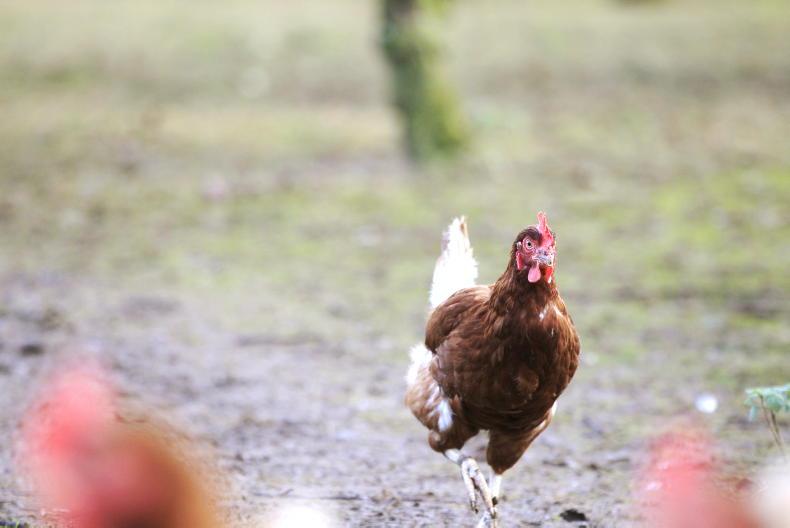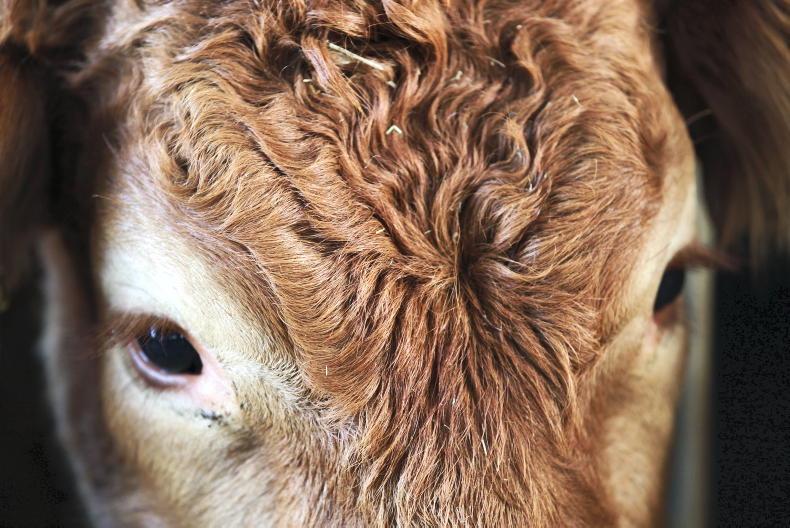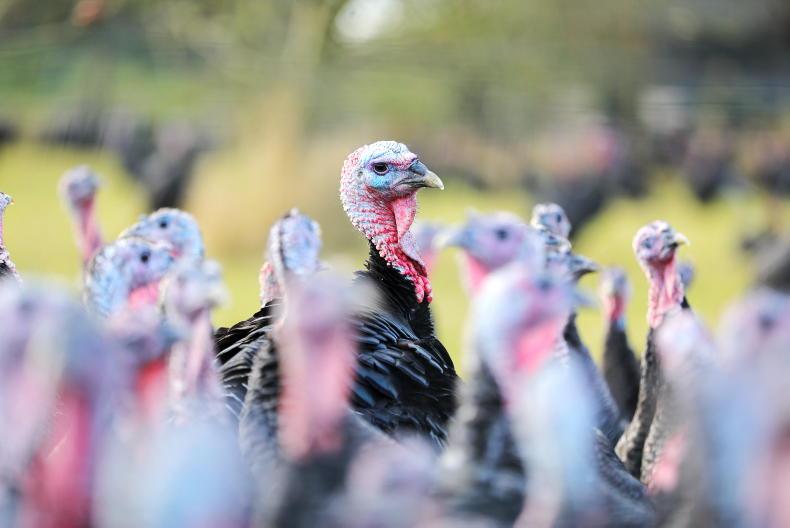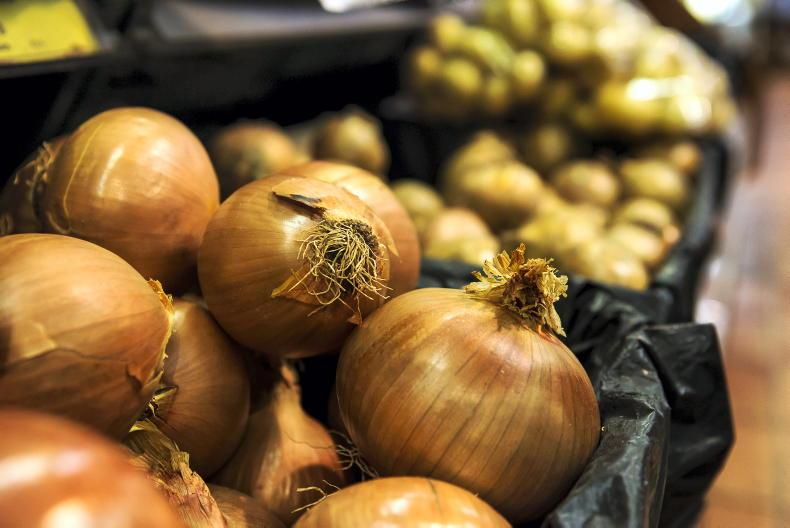Any potential outbreak of highly pathogenic avian influenza (bird flu) H5N8 in poultry in Ireland would affect our international trade for poultry and poultry products, the Department of Agriculture has warned.
This week, it was revealed that two cases of bird flu were found in birds in the Netherlands – one in a mute swan and another case in a Eurasian widgeon.
These are the first cases of bird flu confirmed in The Netherlands in 2020, with the Department stating that this strain of the disease was last detected in Ireland in 2016/2017 when 12 wild birds were confirmed with the disease.
Heightened risk
The Department has warned that from October on is the high-risk period for avian influenza in Ireland due to the fact that migratory wild birds, the natural hosts of many avian influenza viruses, start to arrive in large numbers to overwinter.
It is estimated that around 90m wild birds use the East Atlantic Flyway migration route annually, passing from their breeding areas in US, Canada, Greenland, Iceland, Siberia and northern Europe to wintering areas in Western Europe and southern Africa.
“Once here, the birds congregate on Ireland’s many wetland areas where they mix with resident wild bird species with the potential for both transmission of disease to resident birds and contamination of the environment.
“Migratory wild birds are known to carry the H5N8 subtype of avian influenza and this can increase the level of risk for a potential outbreak of avian influenza in Ireland.
“Colder weather and decreasing daylight can extend the survival time of avian influenza viruses in the environment.
“HPAI H5N8 is a notifiable disease both in Ireland and to the European Commission and the World Organisation for Animal Health (OIE),” the Department has said.
Transmission
The disease is highly contagious for birds, but risk of transmission to humans is considered low.
The disease poses no food safety risk for consumers. Properly cooked poultry and poultry products, including eggs are safe to eat.
Poultry farmers
The Department is advising poultry farmers to be vigilant and to monitor their birds carefully for any clinical signs of disease. If in doubt, you should contact your veterinary practitioner for advice.
Signs of avian influenza include:
Death/high mortalities in a flock.Depression/lethargy.Loss of appetite.Respiratory distress such as gaping beak, coughing, sneezing, gurgling, rattling.Blue discolouration of combs, wattles, neck and throat.Diarrhoea.Reduced egg production or no egg production. Read more
Two cases of bird flu confirmed in the Netherlands
14 poultry flocks eligible for compensation up to €10,000
Any potential outbreak of highly pathogenic avian influenza (bird flu) H5N8 in poultry in Ireland would affect our international trade for poultry and poultry products, the Department of Agriculture has warned.
This week, it was revealed that two cases of bird flu were found in birds in the Netherlands – one in a mute swan and another case in a Eurasian widgeon.
These are the first cases of bird flu confirmed in The Netherlands in 2020, with the Department stating that this strain of the disease was last detected in Ireland in 2016/2017 when 12 wild birds were confirmed with the disease.
Heightened risk
The Department has warned that from October on is the high-risk period for avian influenza in Ireland due to the fact that migratory wild birds, the natural hosts of many avian influenza viruses, start to arrive in large numbers to overwinter.
It is estimated that around 90m wild birds use the East Atlantic Flyway migration route annually, passing from their breeding areas in US, Canada, Greenland, Iceland, Siberia and northern Europe to wintering areas in Western Europe and southern Africa.
“Once here, the birds congregate on Ireland’s many wetland areas where they mix with resident wild bird species with the potential for both transmission of disease to resident birds and contamination of the environment.
“Migratory wild birds are known to carry the H5N8 subtype of avian influenza and this can increase the level of risk for a potential outbreak of avian influenza in Ireland.
“Colder weather and decreasing daylight can extend the survival time of avian influenza viruses in the environment.
“HPAI H5N8 is a notifiable disease both in Ireland and to the European Commission and the World Organisation for Animal Health (OIE),” the Department has said.
Transmission
The disease is highly contagious for birds, but risk of transmission to humans is considered low.
The disease poses no food safety risk for consumers. Properly cooked poultry and poultry products, including eggs are safe to eat.
Poultry farmers
The Department is advising poultry farmers to be vigilant and to monitor their birds carefully for any clinical signs of disease. If in doubt, you should contact your veterinary practitioner for advice.
Signs of avian influenza include:
Death/high mortalities in a flock.Depression/lethargy.Loss of appetite.Respiratory distress such as gaping beak, coughing, sneezing, gurgling, rattling.Blue discolouration of combs, wattles, neck and throat.Diarrhoea.Reduced egg production or no egg production. Read more
Two cases of bird flu confirmed in the Netherlands
14 poultry flocks eligible for compensation up to €10,000









SHARING OPTIONS